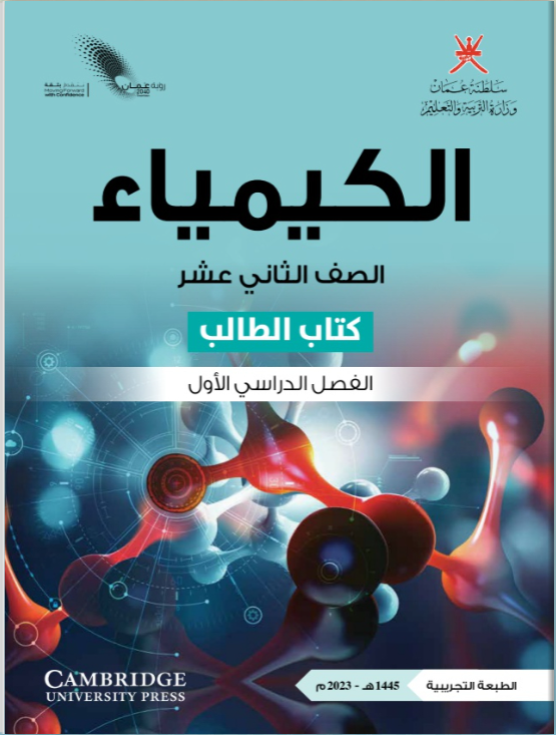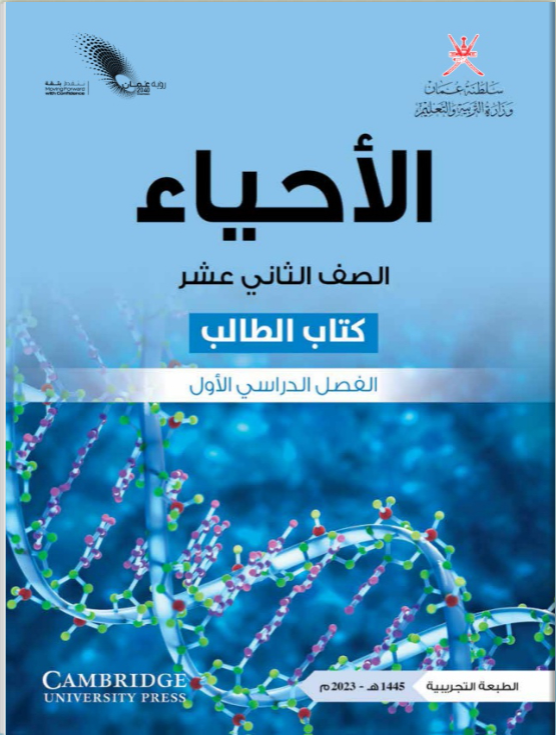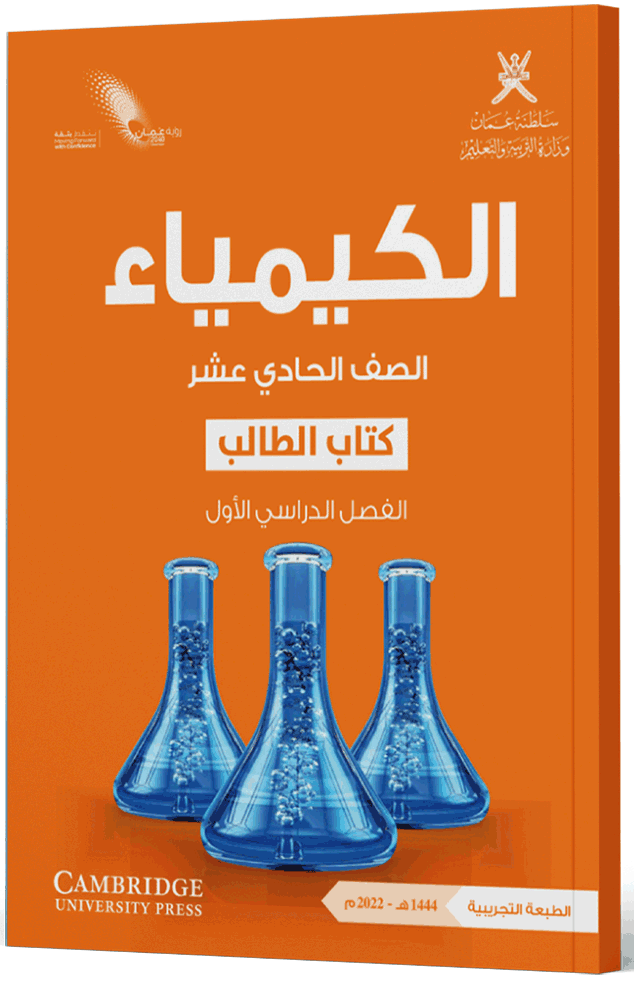Understanding When Entertainment Becomes a Problem
For many regular gamblers, the line between recreational gaming and problematic behaviour can blur gradually over time. What begins as occasional entertainment at venues like wild robin or other gaming platforms can evolve into patterns that impact financial stability, relationships, and mental health. The NHS recognises gambling addiction as a serious mental health condition, offering structured treatment pathways designed specifically for those struggling with gambling-related harm.
Understanding these pathways is crucial for regular gamblers who may be questioning their relationship with gambling or supporting someone who is. The NHS framework provides evidence-based interventions ranging from brief counselling sessions to intensive residential treatment programmes. Recent statistics indicate that approximately 2.7% of the UK population experiences gambling-related problems, yet only a fraction seek professional help through formal channels.
Primary Care: Your First Point of Contact
The journey through NHS gambling addiction treatment typically begins with your General Practitioner (GP). This initial consultation serves as the gateway to specialised services and allows for comprehensive assessment of gambling-related harm alongside any co-occurring mental health conditions such as depression or anxiety disorders.
During the GP consultation, expect discussions about gambling frequency, financial impact, and emotional consequences. Your doctor will likely use standardised screening tools such as the Problem Gambling Severity Index (PGSI) to assess the severity of gambling-related problems. This assessment determines the most appropriate treatment pathway and urgency of referral to specialist services.
GPs can provide immediate support through brief interventions, including psychoeducation about gambling addiction and harm reduction strategies. They may also prescribe medications for co-occurring conditions like depression or anxiety, which often accompany problem gambling. Additionally, your GP can refer you to local support groups or provide information about self-exclusion programmes.
Practical tip: Prepare for your GP appointment by documenting your gambling activities, including frequency, amounts spent, and emotional triggers. This information helps your doctor understand the scope of the problem and make appropriate referrals. Remember that patient confidentiality applies, and your GP is there to help without judgement.
Specialist NHS Gambling Services and Treatment Options
Once referred by your GP, specialist NHS gambling services offer comprehensive treatment programmes tailored to individual needs. These services employ qualified addiction counsellors, psychologists, and psychiatrists who understand the complexities of gambling addiction and its impact on brain chemistry and behaviour patterns.
Cognitive Behavioural Therapy (CBT) forms the cornerstone of NHS gambling addiction treatment. This evidence-based approach helps individuals identify and modify thought patterns that contribute to gambling urges. CBT sessions focus on developing coping strategies, understanding triggers, and building resilience against relapse. Treatment typically involves 12-16 weekly sessions, though duration may vary based on individual progress and needs.
Group therapy programmes offer additional support through peer interaction and shared experiences. These sessions provide opportunities to learn from others who have successfully overcome gambling addiction while building a supportive network. Many NHS trusts also offer family therapy sessions, recognising that gambling addiction affects entire family systems.
For severe cases, some NHS trusts provide access to residential treatment programmes lasting 4-12 weeks. These intensive programmes combine individual therapy, group sessions, educational workshops, and relapse prevention planning in a structured environment away from gambling triggers.
Example: The National Problem Gambling Clinic in London, operated by Central and North West London NHS Foundation Trust, serves as a flagship service offering both outpatient and intensive day programmes for individuals with severe gambling problems.
Accessing Support: Referral Processes and Waiting Times
Understanding the referral process helps regular gamblers navigate the system more effectively and access appropriate support promptly. NHS gambling services accept referrals through multiple pathways, including GP referrals, self-referrals, and referrals from other healthcare professionals or social services.
Self-referral options have expanded significantly across NHS trusts, allowing individuals to contact specialist gambling services directly without requiring GP involvement. This approach reduces barriers to treatment and acknowledges that many people with gambling problems may feel uncomfortable discussing their situation with their family doctor initially.
Waiting times for NHS gambling services vary considerably across different regions and service types. Initial assessments typically occur within 2-4 weeks of referral, while ongoing treatment may commence within 4-8 weeks. However, some areas experience longer waiting periods due to high demand and limited resources.
During waiting periods, NHS services often provide interim support through telephone consultations, self-help materials, and signposting to immediate crisis support services. Many trusts have developed online resources and mobile applications to support individuals while they await formal treatment.
Practical tip: If experiencing urgent gambling-related distress, contact the National Gambling Helpline (0808 8020 133) for immediate support. This free, confidential service operates 24/7 and can provide crisis intervention while you await NHS treatment. Additionally, consider registering with multiple gambling blocking software programmes to create immediate barriers to online gambling.
Building Long-term Recovery: Aftercare and Ongoing Support
Successful gambling addiction recovery extends far beyond initial treatment completion, requiring ongoing support systems and relapse prevention strategies. NHS services recognise this reality by providing structured aftercare programmes designed to maintain recovery momentum and prevent return to problematic gambling behaviours.
Aftercare typically includes regular follow-up appointments with addiction counsellors, access to peer support groups, and continued monitoring of mental health status. Many NHS trusts offer ‘booster’ sessions at 3, 6, and 12-month intervals following treatment completion, allowing individuals to address emerging challenges and reinforce coping strategies.
Recovery planning involves developing personalised strategies for managing high-risk situations, financial recovery, and rebuilding damaged relationships. This process includes creating detailed relapse prevention plans that identify personal triggers, warning signs, and specific actions to take when experiencing gambling urges.
NHS services also provide guidance on practical recovery steps such as debt management, employment support, and legal advice when gambling has resulted in financial or legal complications. Many trusts maintain partnerships with Citizens Advice bureaux and debt counselling services to provide comprehensive support.
The NHS emphasises that recovery is an ongoing process rather than a destination. Statistics show that individuals who engage with aftercare services demonstrate significantly higher long-term recovery rates compared to those who discontinue support immediately after treatment completion. Approximately 70% of individuals who complete NHS gambling addiction programmes report significant improvement in gambling behaviours and overall quality of life at 12-month follow-up.
Taking the First Step Towards Recovery
Recognising the need for help represents a crucial milestone in overcoming gambling addiction, and the NHS provides comprehensive pathways designed to support this journey. The treatment framework acknowledges that gambling addiction is a complex condition requiring professional intervention, not a moral failing or lack of willpower.
For regular gamblers concerned about their gambling patterns, early intervention significantly improves treatment outcomes and reduces the long-term impact on personal and financial wellbeing. The NHS system offers multiple entry points and treatment options, ensuring that support is accessible regardless of the severity of gambling-related problems.
Remember that seeking help demonstrates strength and self-awareness, not weakness. The NHS gambling addiction services are staffed by professionals who understand the challenges you face and are committed to supporting your recovery journey. Take advantage of the comprehensive support available and remember that recovery is possible with appropriate professional guidance and personal commitment to change.















